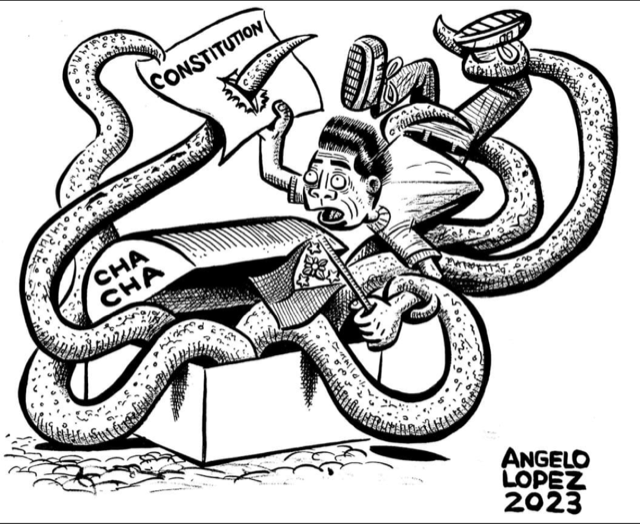
by Angelo Lopez
The Philippine Constitution from 1987 is currently the subject of discussion in the Philippines as a potential amendment. The proponents of Charter Change, also known as “Cha-Cha” by the people of the Philippines, argue that certain economic provisions in the Constitution, such as the prohibition on foreign ownership of land or corporations, can be an impediment to luring foreign investments into the country.
The Retail Trade Liberalisation Act, the Foreign Investment Act, and most notably the Public Service Act of 2022, which categorised telecommunications, railways, motorways, airports, and shipping industries as public services which can be 100-percent foreign-owned, are just a few examples of the major laws that have already been passed to address limitations on foreign investments. Those who are opposed to the proposed Constitutional amendments point out that these laws have already been passed to address the issue.
As a result of certain ambiguities in the wording of the proponents’ proposals, critics are also concerned that any convention called to amend the Constitution would have the authority to amend the constitution in its entirety. This would put in jeopardy the provisions of the Constitution of 1987, such as term limits, that are intended to serve as a check and balance against the consolidation of power that took place during the dictatorship of the elder Marcos.
These naysayers are concerned that political dynasties, which are an ongoing issue in the Philippines, will take advantage of the constitution convention in order to further consolidate their already formidable political power.
